Is AHS Multicultural Enough?
The Importance of Our Differences
Webster’s Dictionary defines multicultural as “relating to or made up of several different cultures.” According to that definition, multiculturalism is not only racial diversity, which Abington High has only a little of with the student body being 91.9% Caucasian. Multiculturalism means different holidays, traditions, and customs.
Even though this school is mainly Caucasian, that doesn’t mean that it should not acknowledge other cultures. Students should learn about different holidays that they may not know about.

Being able to understand the experiences and lives of others is so fascinating.
— Yazan Zaidan
When asked about the diversity at Abington High, senior Yazan Zaidan said, “Culturally, AHS is growing, which is so great to see. I personally don’t have a preference toward talking about my culture, but I love to hear from others.” That’s why implementing opportunities to focus on culture is so important.
Zaidan said, “Multiculturalism is important because I believe it’s vital to bring people together from different cultures. Being able to understand the experiences and lives of others is so fascinating.” He added, “I do believe that the school is growing to be more diverse, which is great.”
Another senior Shaam Nasser believes that over her time at AHS, the school is becoming “more multicultural” and that it is becoming “less of a small town.”
However, a student interviewed who wishes to remain anonymous believed that history classes tend to be biased because not all cultures are expressed correctly. This student felt that religious diversity is not expressed enough, and the school talks mostly about European diversity.
It was not only students who believed that multiculturalism is important. Freshman and sophomore history teacher Mr. Lanner said, “We have more students coming from different cultures than ever before. From Portugal, Brazil, the Middle East” to name a few. Mr. Lanner said that these students who are “sharing their cultures within a classroom setting” is important. He said that it is “nice to see other cultures.” Multiculturalism is important because if you get out into the real world not knowing a lot about different cultures, you will be shocked to see the variety of different people.
One way to support multiculturalism is that if it were a holiday that most students didn’t know about, during morning announcements the announcer could say that there is a holiday and simply state a few facts about it. This would teach students more about different cultures and religions in a quick and efficient way.
However, since there is not much time during the morning announcements, this could be done as part of the Weekly Wave series, which I intend to do. Different holidays that are happening each month could be discussed and students and teachers could be invited to elaborate on each of the holidays.
Awareness of different cultures is important. The online site The Community Toolbox says, “Culture is a strong part of people’s lives. It influences their views, their values, their humor, their hopes, their loyalties, and their worries and fears. So, when you are working with people and building relationships with them, it helps to have some perspective and understanding of their cultures.” This is an example of how implementing opportunities to discuss different cultures could benefit one’s well-being.
The Community Toolbox website also says, “At the same time, we can’t pretend our cultures and differences don’t matter. We can’t gloss over differences and pretend they don’t exist, wishing we could all be alike, and we can’t pretend that discrimination doesn’t exist.”
Ignoring culture is in no way beneficial.

Iris Higier joined the Green Wave Gazette her freshman year because she was interested in journalism. She is part of the Class of 2023 and hopes to be...

Matthew Lyons is a member of the class of 2021. He joined the Green Wave Gazette in his sophomore year, but his first article was as a contributor his...

Aaron Johnson is a member of the Class of 2021. He is a member of the newspaper's Digital Team, and also the co-host and co-creator of the Weekly Wave....

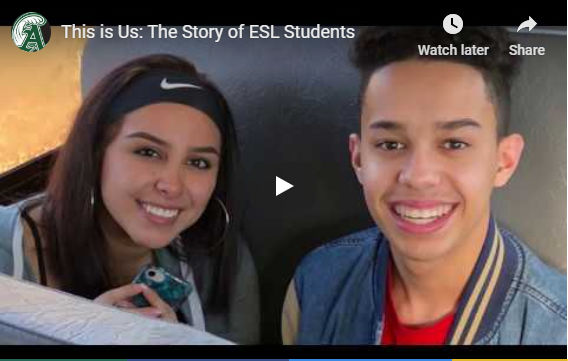
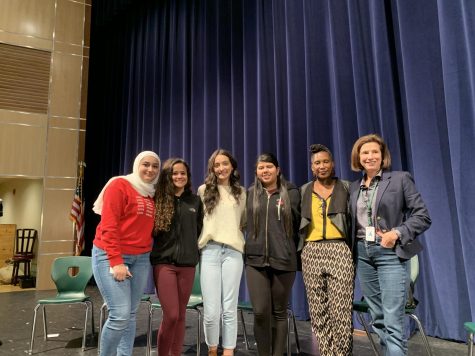


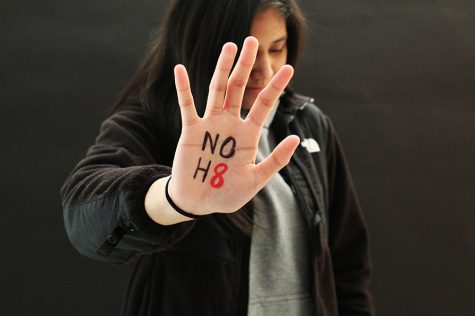

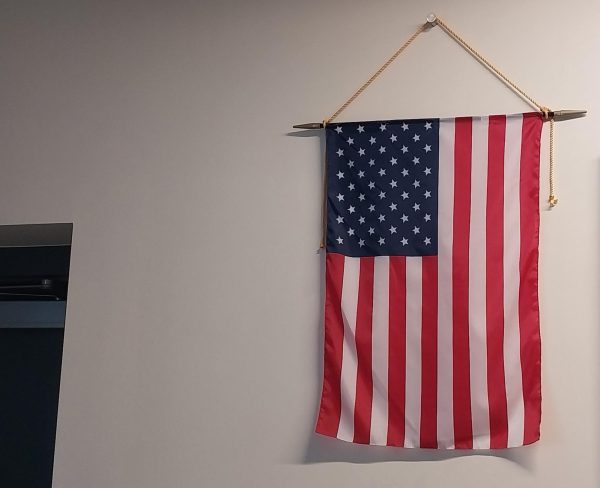
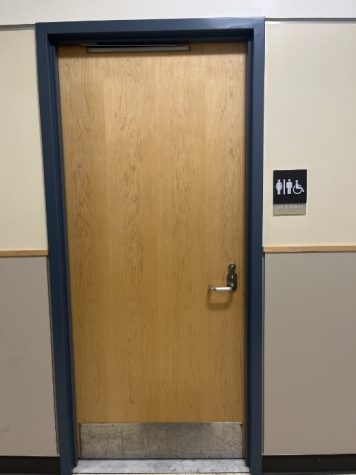

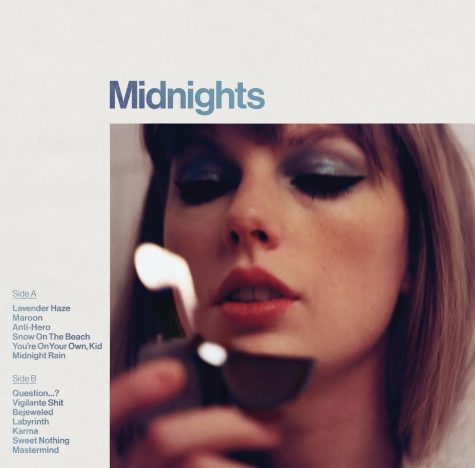
Marilyn Weber • Dec 9, 2019 at 9:27 AM
Iris, well-written and pertinent article! Matt and Aaron, a powerful video!
When I was principal at Center School, students would say “Good morning” daily in a different language (often a language of students in our school). The morning announcements were a quick and easy way to accomplish that. They also spoke words such as “Thank you” and other typically-used phrases in that other country’s language. I heartily agree that finding ways to open minds to other cultures is vitally important in our global society, and finding ways to practice compassion toward students from unfamiliar countries is equally vital. Students with English as a second language can have a difficult time assimilating; but in the end, they (and the people who befriend them) will be so enriched. I have been blessed with longtime friends who started their life in the US as non-speakers of English. I’m happy to say they are leading happy and successful lives. Each of us can have a part in making that happen.
Keep up the good work!
Anna • Dec 9, 2019 at 7:51 AM
Great article Iris! It’s very well written.